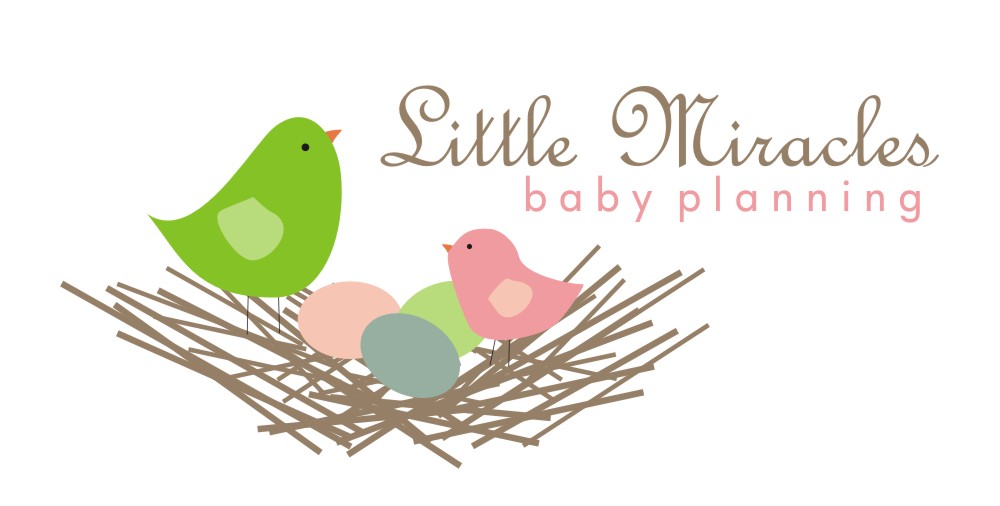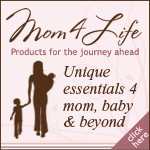
Drum roll please. Every year we excitedly wait to see the results for top organic sunscreens recommended by EWG (Environmental Working Group). I’ve listed the top 5 results below and asked Gwen, owner of Nayla Natural Care to put together some sunscreen tips for Mommy Footprint readers. Her online store is carrying 3 of the top 5 brands recommended by EWG which shows Gwen’s depth for sourcing great products.
Check out the Badger Sunscreen, SPF 30 and the new Thinkbaby and Thinksport SPF 30+. Nayla Natural Care has kindly offered a prize pack of Badger products to kickoff our series of safer sunscreen (more information on the contest at end of this article).
Top 5 Beach & Sport Sunscreens EWG – Skin Deep
1. Loving Naturals Sunscreen 30+ SPF
2. Heiko Kids 40 SPF
3. Thinkbaby and Thinksport Thinkbaby Sunscreen SPF 30+
4. Badger Sunscreen SPF 30
5. Trukid Sunny Days Facestick Mineral Sunscreen UVA/UVB Broad Spectrum, SPF 30+
I link to the online store Nayla frequently because I trust Gwen’s excellent product knowledge and customer service. I’d like to thank Gwen for taking the time to write these awesome sunscreen tips – I learned a lot from her article. I especially love the handy SPF calculator!
Tips for Purchasing Sunscreen, by Gwen Leron
It is that time of year again, when we all start to look at purchasing sun block/screen for the upcoming sunny days of summer. With all of the products on the market and the abundance of information out there, Suzanne and I thought it would be a great idea to lay out all of the things you need to know before purchasing a sun block/screen for your family.
This is Part 1 of what we have put together and here, we will present the basics on sun block/screen, and the terms you should know.
What is SPF? SPF stands for Sun Protection Factor. The most common SPF factors are 15, 30 and 45. The SPF tells you approximately how long your sun block/screen will protect you from the sun. For example, if you normally burn after 10 minutes in the sun, multiply 10 minutes by the SPF. Therefore, an SPF15 will protect you for 150 minutes (2 hours 30 minutes) before you have to re-apply. It is important not to go exactly by the SPF calculation though. Sweating, clothing rubbing against the skin and water can all reduce the “safe time” so it is always a good idea to re-apply well before the calculated SPF time. A good rule is to apply once every hour.
What is the difference between sunscreen and sun block?
A chemical based sunscreen is known as a chemical block. These types of sunscreens do not leave a white film on the skin and rub in as a regular lotion would. The chemicals in these sunscreens filter sunlight and reduce the ultraviolet penetration to the skin. Chemical sunscreens usually contain chemical preservatives such as parabens to lengthen shelf life. It is a good idea to stay away from chemical ingredients and preservatives because they easily absorb into the skin and can cause a multitude of problems.
A sun block that is not chemical based is known as a physical block. These types of blocks contain an active natural mineral ingredient, either zinc oxide or titanium dioxide. After applying, the sun block physically blocks the ultraviolet penetration to the skin and do not use any chemicals to do so. Physical blocks usually leave a whitish tinge to the skin after application and contain natural preservatives that in turn give them a shorter shelf life than their chemical based equivalents. To combat the unappealing look of the “white sunscreen” sitting on the skin, some companies turn to nano-particles in sunscreen, which we will discuss in Part 2.
What is broad spectrum? A sun block/screen is broad spectrum if it protects against Ultraviolet-A (UVA) and Ultraviolet-B (UVB) rays. UVA and UVB rays together cause skin cancer, premature aging, sunburn and more, so always be sure that the sun block/screen you choose is labeled broad spectrum.
Note: The sun also emits Ultraviolet-C (UVC) rays but they are of little concern because the majority of UVC rays are filtered by the earth’s ozone layer before it reaches us (a little bit more incentive to protect the environment).
What is the difference between water resistant and waterproof?
Water resistant means that that the sun block/screen will retain its SPF after 40 minutes of any type of moisture exposure. Keep in mind that water exposure also includes sweating.
Waterproof means that the product will retain its SPF after 80 minutes of water exposure.
Stay tuned for part 2 of this series. We will dive a bit deeper into the more technical terms that you may come across when trying to decipher sun block/screen ingredients.

.png)




No comments:
Post a Comment